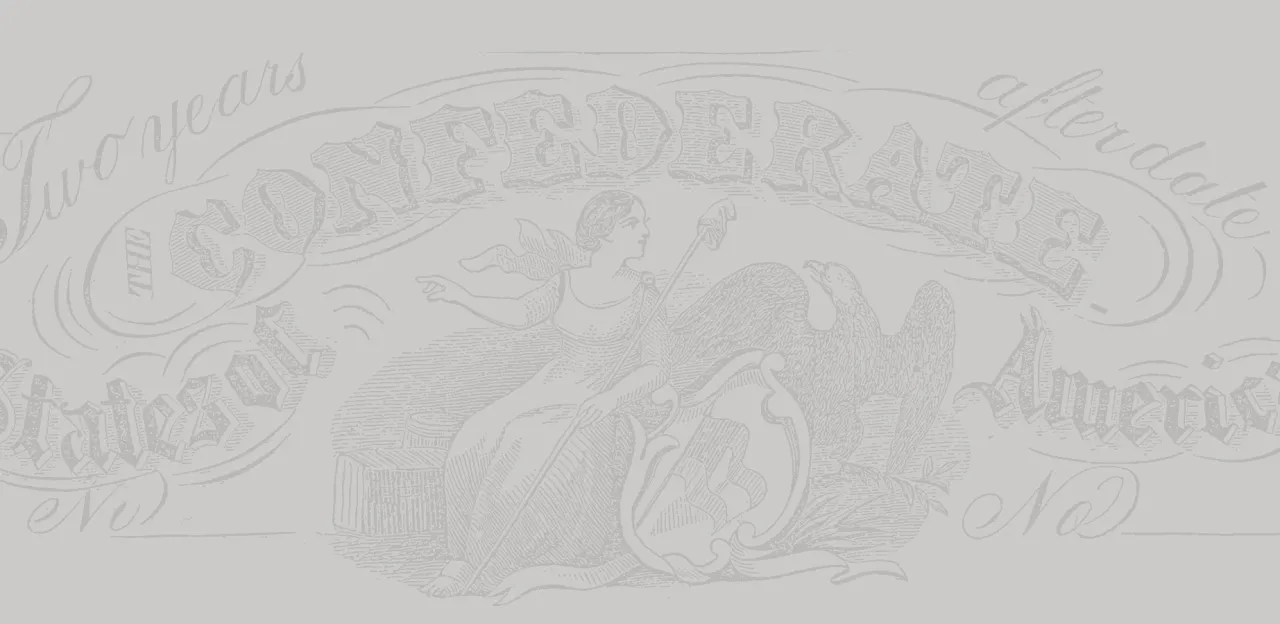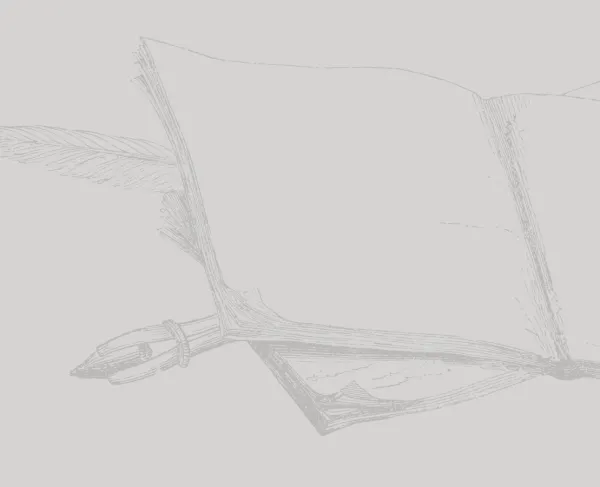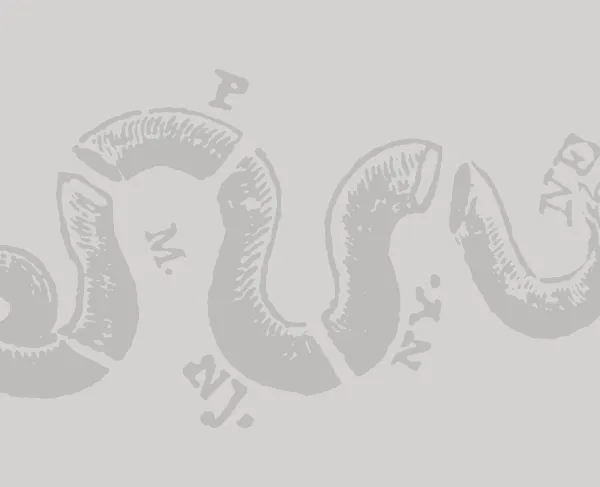D.H. Hill's Official Report

In his official report, Major General Daniel Harvey Hill, commanding a contingent from the Confederate Army of Tennessee, describes his part in the battle of Wyse Fork on March 7-10, 1865.
Headquarters Lee’s Corps,
March 29, 1865.
Colonel: On the 7th instant, whilst at Smithfield Station, N. C., and temporarily in command of Lee’s corps, I received an order from General Johnston to co-operate with General Bragg in an attack upon the Yankees near Kinston. My division, under Col. J. G. Coltart, Fiftieth Alabama, and Pettus’ brigade, of Stevenson’s division, were at once placed upon the cars and encamped that night beyond the Neuse and below Kinston.
Before day the next morning we relieved Hoke’s division, in the trenches on Southwest Creek, while it made a flank movement to the Yankee left. General Clayton, of Lee’s corps, came up with his division about 8 a. m., and was sent to co-operate with General Hoke. Hagood’s brigade, and the North Carolina Reserves under General L. S. Baker, were added to my command, and we were ordered to cross the creek and co-operate with General Hoke as soon as his firing was heard. That officer informed me that he expected to seize and hold the lower Trent and Dover roads, and he asked me to cut off the Yankee retreat on the British and Neuse roads. General Baker crossed the creek when the firing opened on our right, and I directed the skirmishers from Lee’s corps, under Capt. E. B. Vaughan, Fiftieth Alabama, to push boldly forward in front of our abandoned works. The North Carolina Reserves advanced very handsomely for a time, but at length one regiment (the First, I think) broke, and the rest lay down and could not be got forward. I directed General Baker to hold his position, while I, with Coltart, Pettus, and Hagood, would go around the swamp, which constituted the Yankee right. This movement was completely successful, and the Yankees ran in the wildest confusion. I had nothing to do now but to press forward rapidly to the firing and intercept the foe fleeing from Hoke. I think that with little loss we would have captured several thousand men. Captain Vaughan, with forty-five skirmishers, took about 300 prisoners, and reports that the rout of the Yankees was more complete than he had ever seen before. At this critical moment I received a note from Major Parker, General Bragg’s adjutant-general, saying that General Hoke thought that if I went down the Neuse road until I struck the British road, and followed up the latter, I would make many captures, and adding that General Bragg directed me to make the movement. I pushed on rapidly to West’s house, and threw a picket across to the British road, and went to it in person, but saw no enemy. It was 4.30 p. m. when we reached West’s house, and it was obvious that we could effect nothing unless we moved over to Tracy Swamp and got upon the railroad and the Dover road. General Baker and a battery had joined us, but our entire force was but little over 2,000 men. The firing was still heavy in our rear, and indicated plainly that Hoke was not driving the Yankees. A consultation was held with my officers, and all but General Baker thought it too late and too hazardous to march three or four miles farther to reach Tracy Swamp. A message was received soon after from General Bragg to return, if too late to strike a blow. We were now five miles from our bridge on Southwest Creek, held only by a picket, and the Yankee cavalry had appeared between us and it; but the march was made without loss. On the road I met a staff officer of General Bragg, who directed me, after crossing at our bridge, to recross at Jackson’s Mill and go down the Dover road and unite with Hoke. This junction was formed about midnight. General Clayton, who had been operating with Hoke, once more joined his own corps.
[…]
March 10. […] General Bragg informed me that he had ordered General Hoke to make a flank movement to our right, and directed me to co-operate with him by a strong demonstration in our front, but not to attack the main line of the Yankee earth-works. My officers had stated to me the unwillingness of the men to attack earth-works, their experience in the late campaign not being favorable to such an undertaking. This fact I had reported to General Bragg. The skirmish line was doubled and placed under charge of Captain Brewer as corps officer of the day. This line was directed to move forward at the sound of firing on our right, followed by the line of battle, except Coltart and Whitford, holding the intrenchments nearly parallel to the railroad. At the appointed signal all moved forward with alacrity, and the intrenched line of Yankee skirmishers was taken. This threw our line of battle so far forward that I called upon Colonel Coltart for 300 men to cover our left flank. They were promptly furnished under Major Palmer. Lieutenant-Colonel Carter, commanding Manigault’s brigade, volunteered his services, and the whole command displayed great gallantry. General Walthall, commanding the fragments of Stewart’s corps, on our right, was now seen retiring in perfect order. He reported that he had taken some earth-works, but being without support on his right and left, found it necessary to withdraw. Stovall’s and Jackson’s brigades, of Clayton’s division, numbering only 416 men, broke causelessly, leaving Pettus like a stone wall alone, supported only by Coltart’s skirmishers. A considerable Yankee force was visible outside of their works, and while hesitating about renewing the attack and attempting to capture it, I learned that Hoke was retiring, after finding the Yankees strongly intrenched and getting one brigade (Kirkland’s) roughly handled. The fact was reported to General Bragg, who directed our line to fall back to the intrenchments on the British road, holding, however, the captured line of skirmishers. This was effected without loss. That night we crossed the Reuse and encamped near Kinston, in order to co-operate with the forces covering Raleigh. The Yankees did not pursue us, and, in fact, my scouts reported that they fell back the same night we did.
The troops, with the exceptions above given, all behaved most handsomely. Clayton’s division was not with me on the 8th, but I learned from him came to Hoke’s support at 2 p. m., acted well, and had the honor of taking part in a very brilliant movement.
[…]
I have received no report from General Hagood, Colonel Whitford, or General Baker. General Baker lost considerably on the 8th, and did all that could be done to inspire his troops. I doubt not they will behave most gallantly in their next engagement, now that they have been under fire. In fact, on their march to West’s house they seemed to be in the highest spirits and ready to renew the conflict.
[…]
Respectfully submitted.
D. H. HILL,
Major- General.




